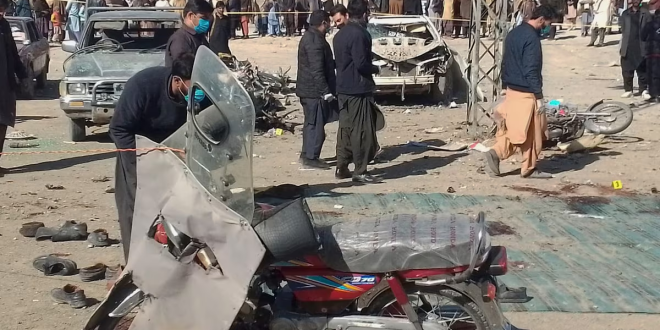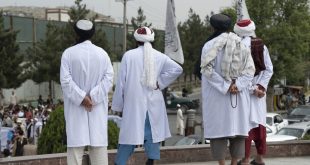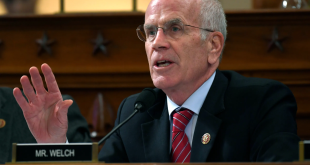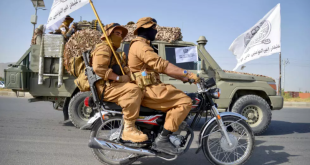AT News
KABUL – In a devastating blow to its pre-election stability, two strong bombings rocked political offices in southwest Pakistan, killing at least 26 and leaving over two dozen wounded. The attacks, occurring just a day before crucial parliamentary elections, have sent shockwaves across the nation.
The initial explosion targeted the election headquarters of Asfandyar Khan in Pashin, Baluchistan province, according to Jan Achakzai, spokesperson for the provincial government. Reports indicate a grim toll of 15 fatalities, with several critically injured individuals rushed to nearby medical facilities for urgent treatment.
In a distressing turn of events, a second bombing struck the election premises of politician Fazlur Rehman’s Jamiat Ulema Islam party in Qilla Saifullah town, Baluchistan, claiming the lives of at least 11 people, as confirmed by Achakzai and local authorities.
Notably, the Jamiat Ulema Islam party, a prominent radical Islamist group, has faced past violence despite its connections with the Afghan Taliban. The party’s widespread religious schools, particularly in the northwest and Baluchistan, have been targeted by extremist factions, including the Islamic State group.
Despite the absence of immediate claims of responsibility, these attacks represent a sinister prelude to the upcoming elections. Caretaker Prime Minister Anwaarul-Haq-Kakar swiftly condemned the bombings, extending condolences to the bereaved families and vowing resolute action against any attempts to disrupt law and order.
Echoing Kakar’s sentiments, Caretaker Interior Minister Gohar Ejaz underscored the government’s commitment to safeguarding the electoral process from such heinous acts. However, the bombings underscore the persistent challenges facing Pakistani authorities in combating militant threats, particularly in regions like Baluchistan.
With a history of insurgency and political violence, Baluchistan’s strategic significance, underscored by its proximity to Afghanistan and Iran, adds complexity to Pakistan’s security landscape. Despite efforts to quell militant activity, incidents like these underscore the fragility of the region’s stability.
As the nation braces for the electoral showdown, memories of past tragedies loom large. The specter of violence, a grim reality in Pakistan’s political narrative, serves as a stark reminder of the risks inherent in the pursuit of democratic governance.
 Afghanistan Times
Afghanistan Times




